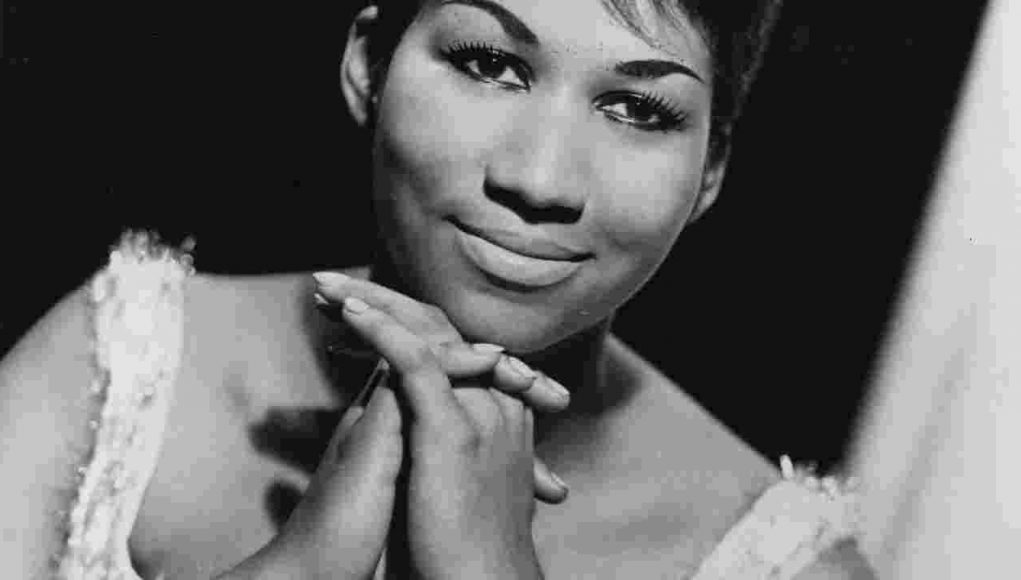Although we knew she was gravely ill, it still hit us hard to learn that Aretha Franklin had died. Her passing was close in time with that of Arizona Senator John McCain. Both were luminaries and in this small space, I could not adequately attempt to speak of their impact and legacies. However, Aretha’s passing is an opportunity to share with a wider community the importance and significance of the Black homegoing celebration. Incidentally, I am writing this while watching Aretha Franklin’s homegoing broadcast on BET.
Yes, we grieve and mourn at the passing of a loved one, but the Black tradition is also to celebrate the transition from this world to the next. For Black people this is not the end … it is the beginning of the promise. I’d like to share why we do it and how we do it.
Why We Do It: Our sojourn in this nation has been among the harshest of any people in its history. We have been enslaved, beaten, separated from family, language, culture, and everything we knew as home and connection to humanity. We sing a song that says, “We’ve been lied on, cheated, talked about and mistreated.” We came to these shores as spiritual beings. We came understanding that there was something bigger and more transcendent than this place or ourselves. And, when slave masters sought to give us the Christian religion as a pacifier, we grabbed hold of it and made of it what we believe it was truly meant to be.
When the scriptures said that we were not citizens of this world, we found comfort in the notion that we had “another building…not made with hands.” The Black homegoing is a return to our God, it is not just a funeral. It is a celebration of life, not a sorrowful, morbid, sad occasion. It is our way to tell this world the deceased is heading home—from labor to reward! Also, we do our homegoings as a caution to those who remain. If the deceased was a believer the homegoing is an admonition to those who are not that their only opportunity to see him or her again in eternity is to become one.
How We Do It: Because we are celebrating a life we often pull out all the stops. Our homegoing celebrations are elaborate and often reflect a grandeur that we did not experience in life. We have dozens and dozens of flowers and beautiful caskets in which we lay “open casket sharp!” We invite everybody … family, friends, loved ones, enemies, haters, the curious, and questioners. We plan a program but we often go off script. We PARTICIPATE in the homegoing. We sing, we testify, we shout, we share stories, we laugh, and yes, we cry. We may have treated you badly in this world, but we feel obligated to send you home in style.
After the service (and the internment) we participate in something known as the “repast.” This is the bountiful, scrumptious meal where we gather to remember the deceased. In the traditional Black church the foods are brought in from people who know how to cook! A typical repast will have chicken (fried and baked), ham, turkey macaroni and cheese, candied yams, potato salad, spaghetti, collard greens, green beans, dressing, rolls, sweet potato pie, pound cake, peach cobbler and of course, sweet tea and red Kool-Aid. This is a Black repast!
My first time attending a White funeral left me totally depressed. The ceremony was solemn; there were a few speeches and a few tears. At the “repast” (I think they called it a “reception”) they served finger sandwiches and cookies. I turned to a colleague and said, “You know I can’t grieve right without some homemade macaroni and cheese!”
We celebrate our deceased royally because we knew they were not accorded their full humanity during their time on earth. We celebrate because it is the only way we can endure the pain of oppression. We celebrate because we have to have hope. We celebrate because we want the world to know that we have citizenship in another land.
Yes, we celebrate the Queen, Aretha Franklin, in the style we believe is worthy of her. Her body belongs in a gold-plated casket. She is entitled to a change of clothes. She deserved a celebratory evening with her beloved sorority sisters of Delta Sigma Theta, Inc. We were supposed to devote a Sirius XM station to her for the past weeks. She needed to lie at the Wright African American History Museum. We needed to stand in long lines to pay reverence to her. We love her and all she sacrificed for us. She sang us through good times and heartaches. She gave us R-E-S-P-E-C-T and now we give you honor. Our Queen is going up yonder!




























